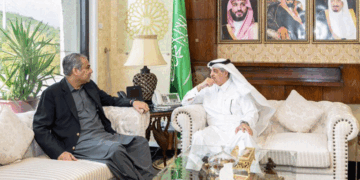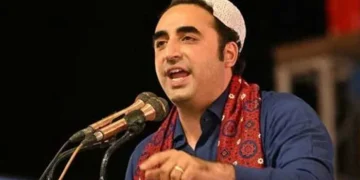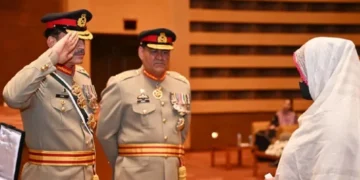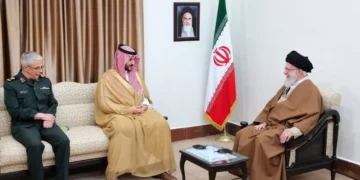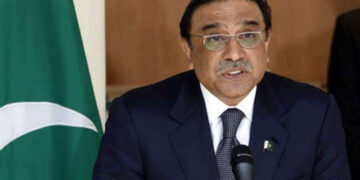Under the leadership of Prime Minister of Pakistan Shahbaz Sharif, a meeting was held to devise a national plan for Pakistan’s economic recovery.
Under the leadership of Prime Minister Shahbaz Sharif, a high-level meeting was held to discuss Pakistan’s economic recovery, during which Chief of Army Staff, General Syed Asim Munir, federal and provincial ministers, high-ranking officials, and government authorities participated. The meeting focused on crucial measures for economic revival.
In an official statement released regarding the meeting, it has been announced that a national plan for Pakistan’s economic recovery has been formulated. To facilitate this plan, the Special Investment Facilitation Council (SIFC) has been established, aiming to remove barriers in foreign investment. The SIFC will play a vital role in attracting foreign investors to contribute to the economic growth of Pakistan.
In an official announcement, it has been revealed that under the leadership of Prime Minister Shahbaz Sharif, the first meeting of the council has taken place. During the meeting, it was decided to ensure timely decision-making regarding investments and projects. Coordination between the federal and provincial governments will be established, and the country’s true potential will be harnessed in various sectors, including agriculture, energy, and IT, under the project.
In the context of the prevailing economic challenges, the economic recovery plan will prove to be a significant initiative, even bigger than the China-Pakistan Economic Corridor (CPEC). Emphasis will be placed on friendly countries’ investments in defense production, agriculture, IT, and energy sectors. To accelerate the progress of these projects, the establishment of the EIFC (Economic Investment Facilitation Council) has been put into action.
The “Single Window” interface will be implemented to facilitate potential investors, and the role of Pak-FoJ (Pakistan-Foreign Office Joint) will remain crucial in administrative affairs and coordination. This project is considered a “game-changer” for Pakistan’s development.
According to the project, direct employment opportunities will be provided to 1.5 to 2 million people within 4 to 5 years, with up to 100 million indirect job opportunities. The project is projected to generate revenues of 70 billion dollars, with an additional alternative revenue of 70 billion dollars. It will also contribute to a $100 billion increase in Pakistan’s foreign direct investment. The reserves of foreign exchange will also be replenished, which will help alleviate current economic difficulties.



